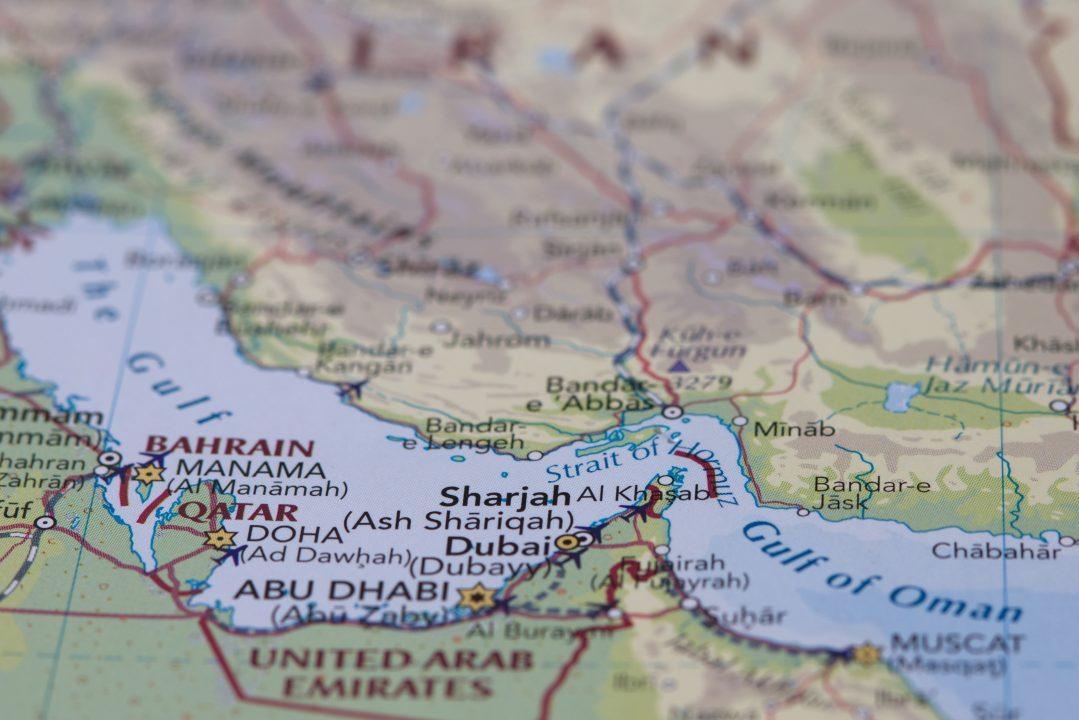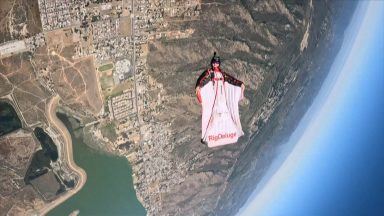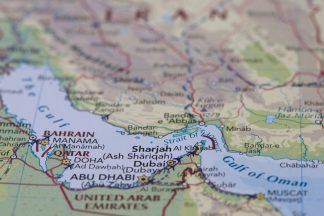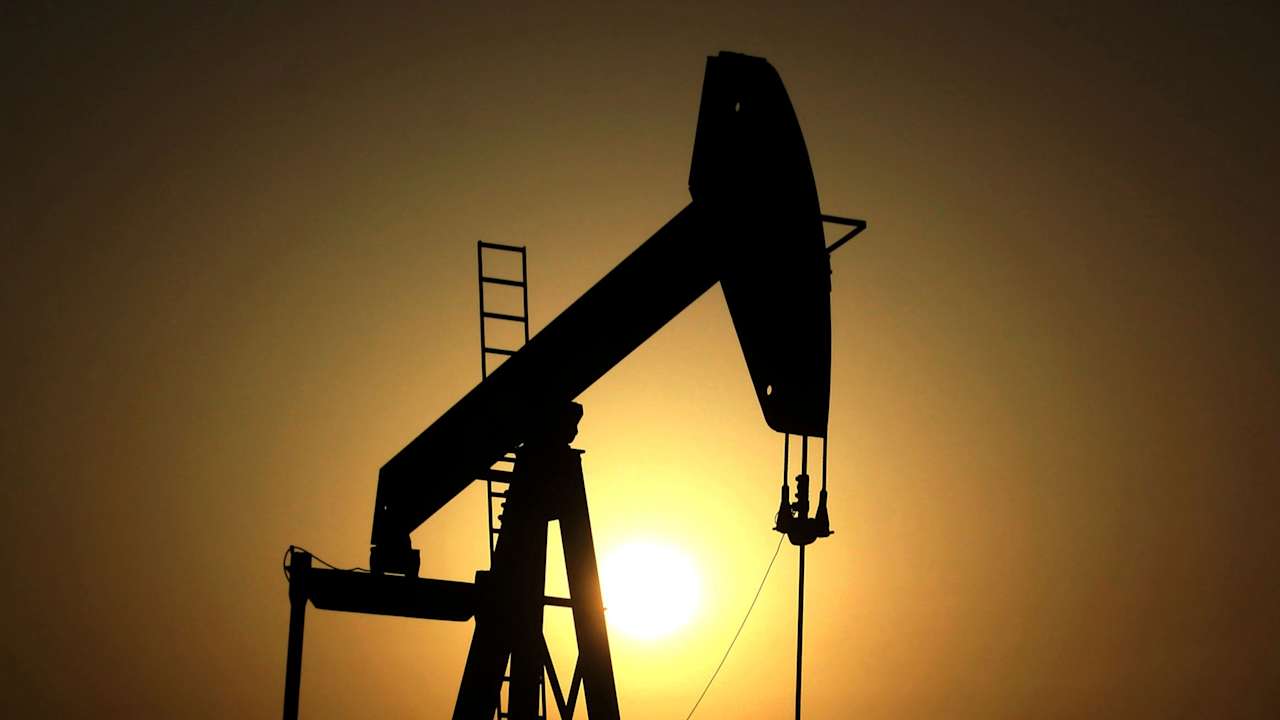If there is one thing markets hate, it’s uncertainty.
There was already plenty of it with the ongoing conflict between Israel and Iran.
However, with U.S air strikes on key nuclear sites in Iran over the weekend, there is even more uncertainty for the markets to react to.
This morning, a barrel of Brent crude oil hit nearly $80, the highest it has been since January.
It has slipped back, but there are threats from Iran that a stretch of water called the Strait of Hormuz could be closed, and that has experts concerned.
Why, you might ask, should we here in Scotland care about a stretch of water which is only around 54km wide and splits Iran from Oman and the United Arab Emirates (UAE)?
The reason is simple – according to the International Energy Agency (IEA), around 25% of the world’s oil supply passes through the Strait.
If it closes, then it will have major implications for global oil and gas prices.
If that happens, expect to see petrol and diesel prices increase at the forecourts, our energy bills rise in the autumn and winter, and wider inflation starts to climb again.
We all remember the price shocks after the Russian invasion of Ukraine – the UK Government having to step in to help households with energy bills, ultimately the taxpayer picking up the tab.
We might not be at that level yet (back then, oil hit nearly $130 a barrel at one point), but if Iran follows through on its threats, then experts warn we could see oil burst the $100 mark again.
Here, the industry body OEUK has again called on Governments to back domestic oil and gas production as global tensions continue to rise.
The point the sector makes is that if new licences were granted in the North Sea, then around 7.5bn barrels of oil could be extracted.
That would be 3.2bn more barrels than current estimates.
However, it’s a simplistic argument to make because oil and gas extracted here are still traded on the global, open market.
In other words, even if it is extracted from the North Sea, there’s no protection for consumers about the price they pay for their energy bill when it comes to fossil fuels.
The sector, of course, would argue it does bring money into the Treasury and secure jobs.
The Treasury, too, will be nervous about wholesale price increases.
It has bet on growth as its number one way of boosting the public finances.
However, if energy prices go up, then costs for businesses do too.
That can mean less investment, wage growth, and hiring,g and higher prices for almost all goods for consumers.
The UK Government has announced today that it will take steps to help protect businesses from increasing energy costs.
But if costs do rise, then it can also mean inflation goes up, and then unions will demand better wages for public sector workers.
If inflation goes up, then the Bank of England may increase interest rates again, and that will have an impact on those with mortgages.
It can, at times, feel like a never-ending cycle.
So, will Iran close the Strait?
This is not the first time Iran has threatened to close the Strait of Hormuz, but now the parliament in Tehran has voted in favour of the move.
Although the country’s National Security Council will have the final say.
The passageway isn’t just important for Iran, but it’s vital for oil exports from Saudi Arabia, Kuwait, UAE, Qatar, and Iraq.
The IEA says, “Closure of the Strait, even for a limited period, would have a major impact on global oil and gas markets.”
Many experts, a week or two ago, thought the prospect almost entirely unlikely.
That was before the U.S air strikes.
However, Iran will likely come under great pressure from China to keep it open.
According to the IEA, around 1.7m barrels of oil a day are exported by Iran, and most of it goes to China.
If the Strait were to close, then it would likely have major implications for the Chinese economy and prices, and inflation in the country.
China would also start looking elsewhere to buy the oil it needs, and that again would push prices up.
It will also come under pressure from the other Gulf state,s who use the Strait for exporting oil and Liquefied Natural Gas (LNG) too.
Some of these countries do have alternative methods of exporting oil and gas, including through various pipelines.
Ultimately, though, all of this is very uncertai,n and the longer the conflict goes on, the more likely we are to see wholesale prices continue to rise as traders get nervous.
That will, of course, then have implications for all of us in the months ahead.
Follow STV News on WhatsApp
Scan the QR code on your mobile device for all the latest news from around the country


 Adobe Stock
Adobe Stock




















